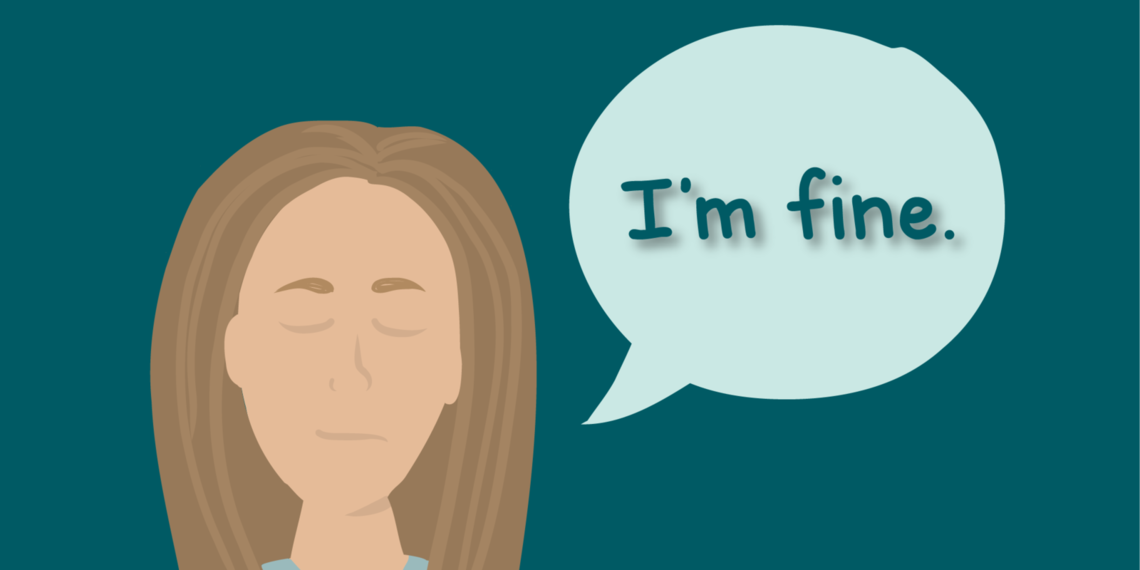Resources
-
Utah Crisis Line: 1-800-273-TALK (24/7)
-
Warm Line: 801-587-1055 (8am-11pm)
-
(Mobile Crisis Outreach Team/ HMHI Referral Center)
-
SAFE UT Frontline (Download App)
-
Huntsman Mental Health Institute Same Day Psychiatry Clinic: 801-585-1212
-
Resiliency Center: Call 801-213-3403, or email: resiliencycenter@hsc.utah.edu
Resources shared by Megan Fix: https://www.aliem.com/medic-case-resident-risk-expert-review-curated-commentary/
oving from my intern year into second year of residency, my mental health began to suffer. Each night, I would go home and think of every clinical encounter and what went wrong or what I could have done differently. These negative thoughts built up until I was isolating myself from my peers and staying away from social events: anything to avoid someone asking me how I was doing.
Even though I was suffering, I didn’t think I could ask for help. I didn’t think I deserved help.
One night as I came home from work, I entered my apartment and found a burglar. And instead of fear that he might have a gun and he might kill me, I felt relief. I felt relief that this person might end my suffering. Instead, they jumped out the window and ran away.
But not long after that incident, my chief resident looked at me asked how I was. I answered quickly and tried to move on, but she stopped me and said, “No, really, how are you?” She held my hand and held my gaze and waited for my answer.
That moment gave me an opening to share all the horrible things I was feeling. It gave me the opportunity and safety to open up and share with others. Now I try to share that human connection with my colleagues and residents by being vulnerable and by sharing a simple, but powerful technique.
Ask, Listen, Refer
We all have to make an effort to care for our colleagues and connect with each other. By using the “Ask, Listen, Refer” technique, you can really let a person share and help them find the resources they need.
The beginning of this technique is simple. Ask, really ask, how your colleague is doing. Make eye contact, maybe even reach out to touch them on the arm or hand. Give them space and reassurance that they can share with you.
Another vital component of this technique is to pause. After you ask how they are, don’t say anything else. Don’t ask if they are good, don’t ask other questions as we normally would in day-to-day conversation. Pause and give them space.
Next, listen. Just listen. Don't solve their problem. Don't fix it. Don't take it upon yourself to try and cheer them up. Just listen and be present, even if what they are saying makes you uncomfortable and even if you worry that you don’t have time. Take the time to listen.
After they have shared, you can also ask specific questions such as if they are thinking of hurting themselves. Be direct, be specific, even if you aren’t used to it. Speaking specifically about it helps remove stigma and gives them the ability to share.
Finally, you can offer resources and referral to places where they can get help. At University of Utah Health, we have a very robust system for rapid referral. You can also reach out to the Huntsman Mental Health Institute or the Utah Crisis Line. Give them the number; make it easy for them to find help. You may even make that phone call with them.
If you find yourself concerned about someone, you should make sure you get them the appropriate referral as soon as possible. This may be an appointment with the Wellness center or a trip to the ER, if you are very concerned. It can be really powerful to make the call together or get the referral with them because they know you are focused on them and their needs. They know you are open to be a support person for them.
Practice, practice, practice
Role playing and rehearsing the “Ask, Listen, Refer” technique can help you feel more comfortable in using them. You can practice with peers and seek more education to improve your abilities to have these tough conversations. There are many resources available to help you practice, I try to review this material with our residents using some of the information and role play here.
After opening up to my chief resident, I received an outpouring of love and support that carried me through. I was able to get the help I needed and now I am very fortunate to be in an amazing place in life. I am a faculty at the University of Utah. I am a wife and a mother of three young boys. I am happy and healthy, all thanks to a simple question and a strong connection
Originally published May 2021
Megan Fix
Terry Tempest Williams is a Utah native, writer, naturalist, activist, educator—and patient. She takes us into the current world of Boston Globe obituaries editor Bryan Marquard, and why shared grief can be endured grief.
We have personal protective equipment (PPE) for our body–but what about our mind? Huntsman Cancer Institute nurse manager Cassidy Kotobalavu has lead training on the concept of emotional contagion–how good (and bad) emotions spread. Here are Cassidy’s expert tips (with slides) on managing emotional contagion in health care.
Health care workers experience trauma every day in multiple ways, making it difficult to fully recover. Jake Van Epps shares tips for recovering and supporting your colleagues through these adverse events.
